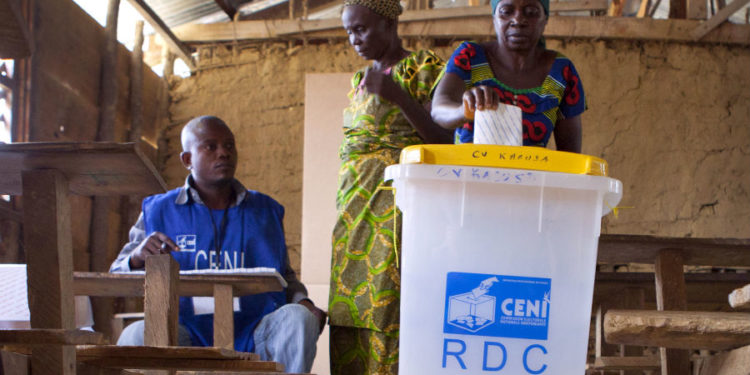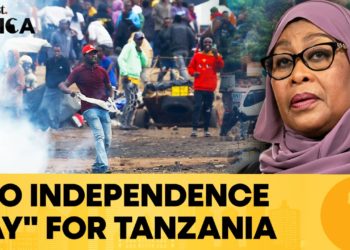The Democratic Republic of the Congo is presently engaged in the process of selecting its next president. The voting process was delayed by at least three hours.
Approximately 44 million people, or almost half of the population, have registered to vote, yet millions displaced by conflict in the eastern region may encounter challenges in participating. The ongoing fighting has prevented 1.5 million individuals from registering to vote.
In preparation for the election, the authorities in the Democratic Republic of the Congo (DRC) opted to close its land and sea borders for a 24-hour period. Delays were observed in various towns in the capital, Kinshasa, where voting materials had not reached polling stations and voter lists were not made available.
President Tshisekedi faces competition from contenders such as wealthy mining magnate Moïse Katumbi and former oil executive Martin Fayulu, who asserted victory in the 2018 election, a result contested by international observers.
Martin Fayulu, the runner-up in the disputed 2018 presidential election, expressed concerns, describing the situation as “total chaos.” He emphasized the importance of all voters casting their ballots for the elections to be acceptable.
Opposition candidates in DR Congo’s presidential election, including Denis Mukwege, a 2018 Nobel Peace Prize laureate for his work with rape victims, raised complaints about “chaos” and “irregularities” during the voting process.
Presidential candidate Moise Katumbi echoed similar sentiments, noting numerous irregularities and urging voters to remain vigilant throughout the process.
Leaders in the country are urging the Congolese people to take all necessary measures to prevent violence as the polls approach their conclusion at 5 p.m. today.


















